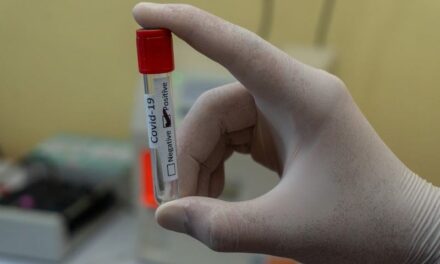Akershus University Hospital (Ahus) and microbiome test specialist Bio-Me, Oslo, Norway, are collaborating on an important landmark study of the long-term effects of covid-19 in adolescents and young adults (LoTECA), investigating the involvement of the microbiome in such long-term effects.
Based on several international studies, it is possible that the intestinal microbiota could be disturbed for a long time in pediatric covid-19. Bio-Me has now been awarded a grant from Oslo Municipality to cover the costs of analysis of the fecal samples from the approximately 500 SARS-CoV-2 positive adolescents who will be included in the study, together with 100 controls.
“Findings from this project may identify factors important for disease severity,” says Christine Olbjørn, pediatric gastroenterologists and lead investigator in this sub-project of LoTECA. “I am pleased that Bio-Me with their Precision Microbiome Profiling PMP technology can be part of this project. The project is engaging professionals of multiple disciplines through pediatricians, experts in infectious disease, microbiologists, geneticists, and private enterprises, and will create avenues for further research into other disease states where the gut microbiota is important.”
Morten Isaksen, CEO of Bio-Me, adds, “Most previous publications on microbiome contribution to the severity of covid-19 symptoms have focused on 16S amplicon sequencing technologies, giving rise to genus-level resolution. With Bio-Me’s PMP platform, fecal microbiota profiles are explored at species-level resolution which gives more specific results. It is a validated test, with translational value, with user properties not restricted to research and basic science but with great clinical potential. It is rapid, cheap, reproducible, and easily obtainable, with the potential for diagnostic as well as prognostic use.”





